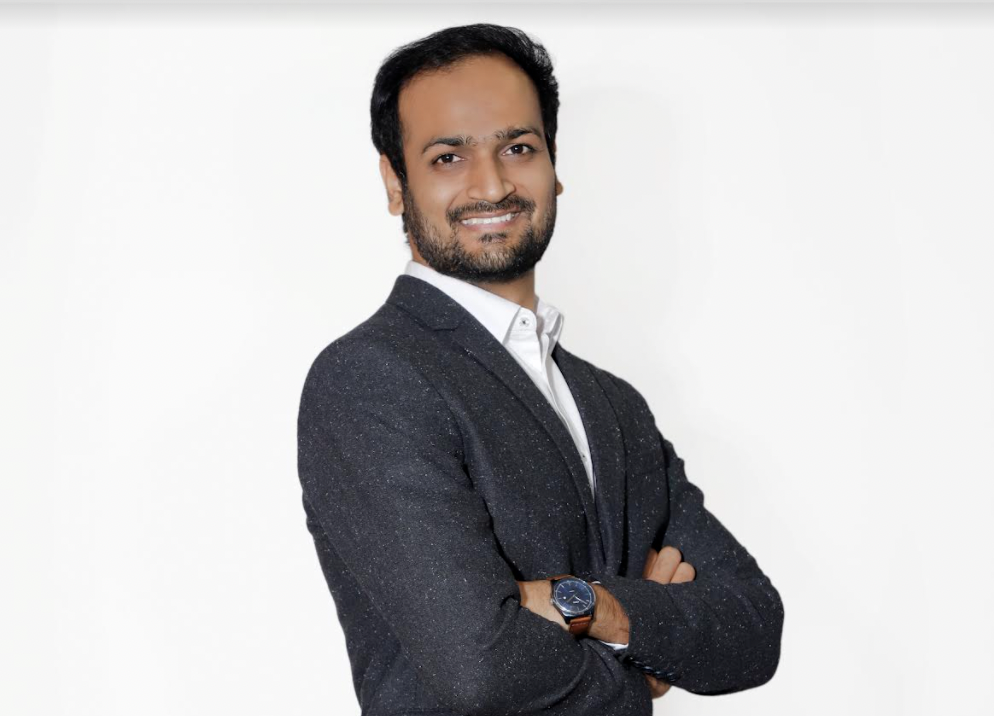India’s crypto startups had an eventful year in 2021. The industry barely survived after the central bank RBI barred local financial institutions from offering services to virtual currency exchanges in April 2018. The decision was overturned by the Supreme Court in March 2020, paving the way for the sector to flourish.
Last year, investors pumped nearly half a billion dollars into crypto startups, turning two of them into unicorns, and there are now more than 100 million crypto holders in India. As India awaits the government to announce regulations for the crypto sector, KrASIA spoke with Neeraj Khandelwal, co-founder and CTO of crypto exchange CoinDCX, India’s first crypto unicorn, on the hypertrophic growth of the company and the industry despite regulatory uncertainty.
The following interview has been edited and consolidated for brevity and clarity.
KrASIA (Kr): How have things changed for CoinDCX over the last two years?
Neeraj Khandelwal (NK):We built the platform in 2017 out of my flat in Mumbai in six months. When RBI’s banking ban for crypto exchanges came out, we pivoted to become a crypto-to-crypto platform, where we did not need a bank account. People could deposit, withdraw, and trade with crypto. It helped us survive because people in India owned a lot of cryptocurrency. We could not onboard new users without a bank account, so we focused on providing value for our existing users. We believed in the sector’s long-term potential.
Our biggest lesson has been that we need to be flexible in this sector. After the Supreme Court’s decision in March 2020, the situation flipped and everyone started looking at this industry in a positive light. Our crypto exchange saw modest growth in 2020. But in the last 12 months, our registered user base grew 5,800% to reach 7.5 million. We also scaled our systems’ capability by 1,500% to handle 200,000 orders per second.
Kr: What placed the crypto sector in the mainstream in India in 2021?
NK: The Supreme Court judgment to lift the RBI ban made it easier for exchanges to build teams. Before that, people were not willing to join us. We also saw strong interest from VCs. We were able to raise funds and scale the platform.
In early 2021, Bitcoin started to grow really fast. The bull run helped fuel our growth. India has a large base of software developers and technical professionals. These are savvy people who can quickly understand the technology behind crypto. This has made the Indian masses receptive to crypto as an asset class. There is an inherent interest from young users. More than 70% of our users are between the ages of 18 and 34.
The government also said it was willing to leave a window of opportunity for this industry to flourish, which sent out positive signals. We became the first crypto unicorn last year in a major milestone for the sector. It showed the kind of traction this industry was getting from users and investors, which made it even more popular.
Kr: How do you navigate regulatory uncertainty?
NK:Regulators are concerned about crypto becoming a payment mechanism in India. Payments are controlled by the central bank. The cryptocurrency industry also wants it to be an asset class like gold or stock. We do not want to compete with the Indian rupee. Once people understand this asset class, we can look at other use cases like decentralized finance.
Our investors are not worried because crypto is the fastest-growing industry in terms of users despite these challenges. Our users are also not afraid due to the positive sentiment around cryptocurrency. The industry’s only expectation is that there should be enough room for innovation.
Kr: What is your outlook for the crypto sector this year?
NK:We expect to see regulations becoming clearer, more capital inflow, and technological improvements. The biggest bottleneck for the crypto industry today is the limited number of transactions per second. We will see an improvement in the speed of blockchain transactions, which is critical for the industry’s growth.
